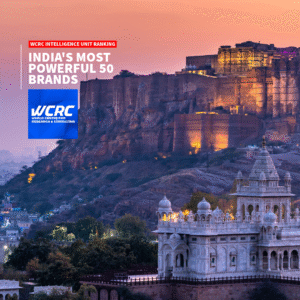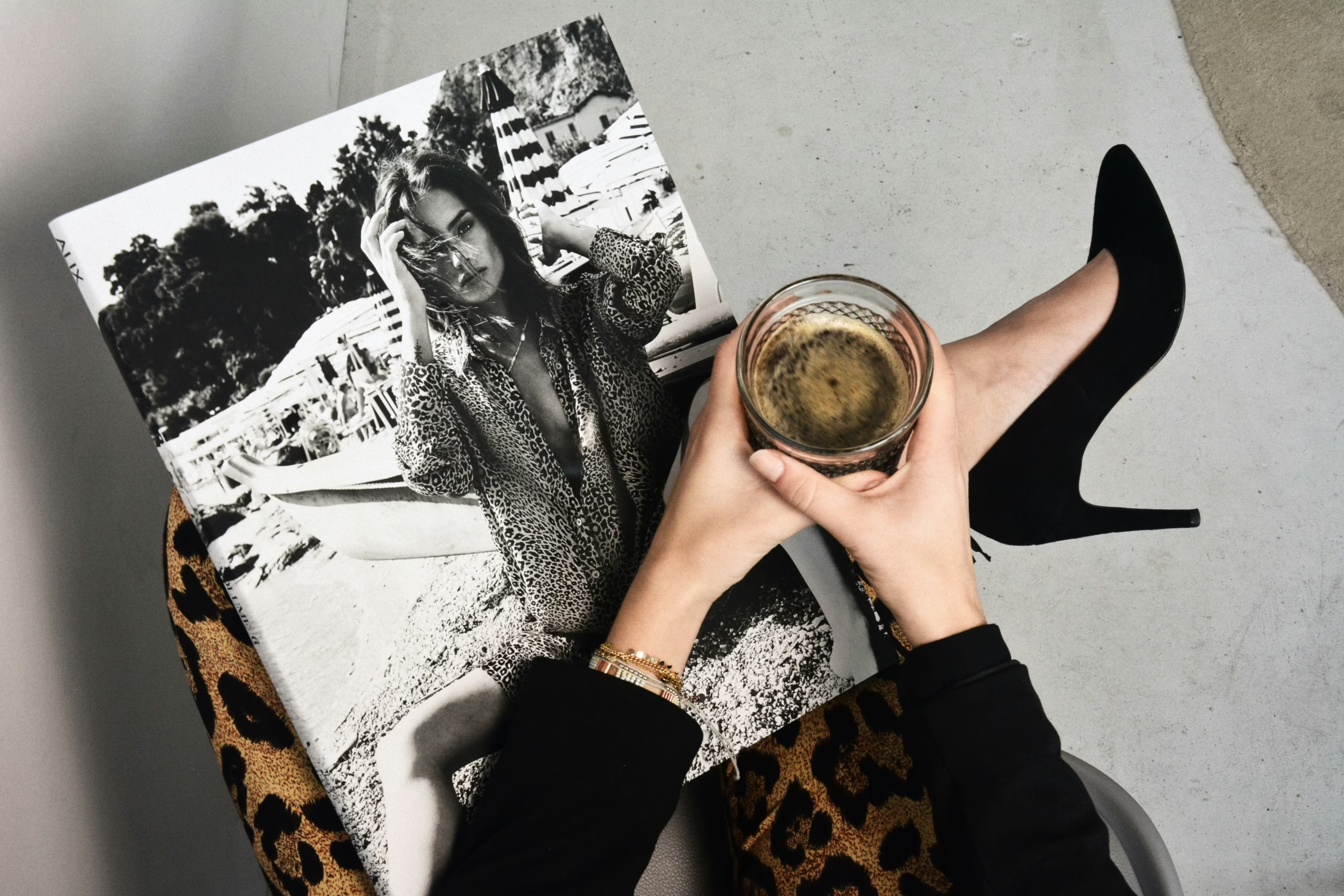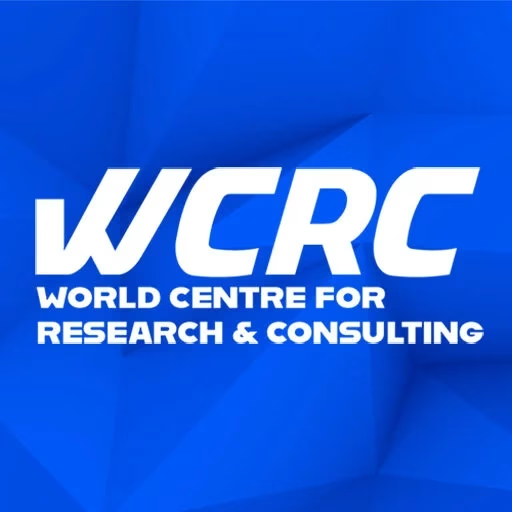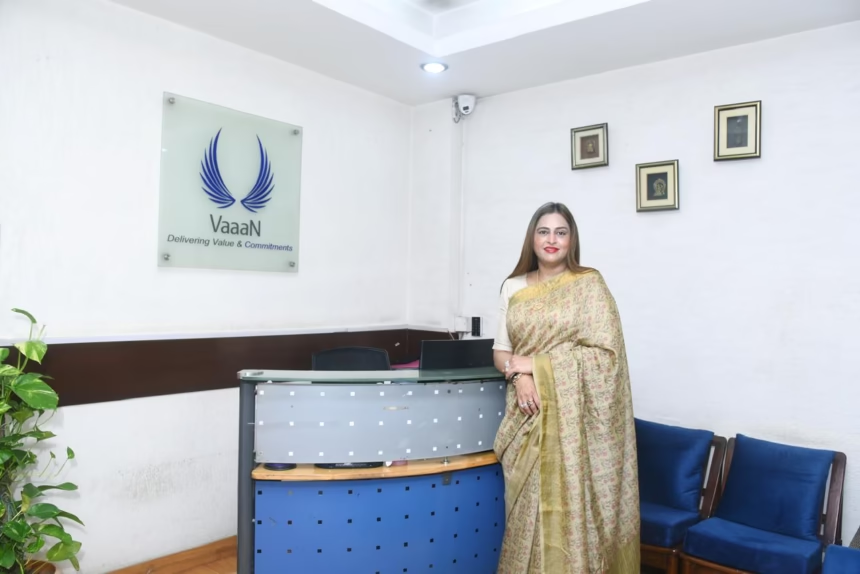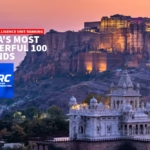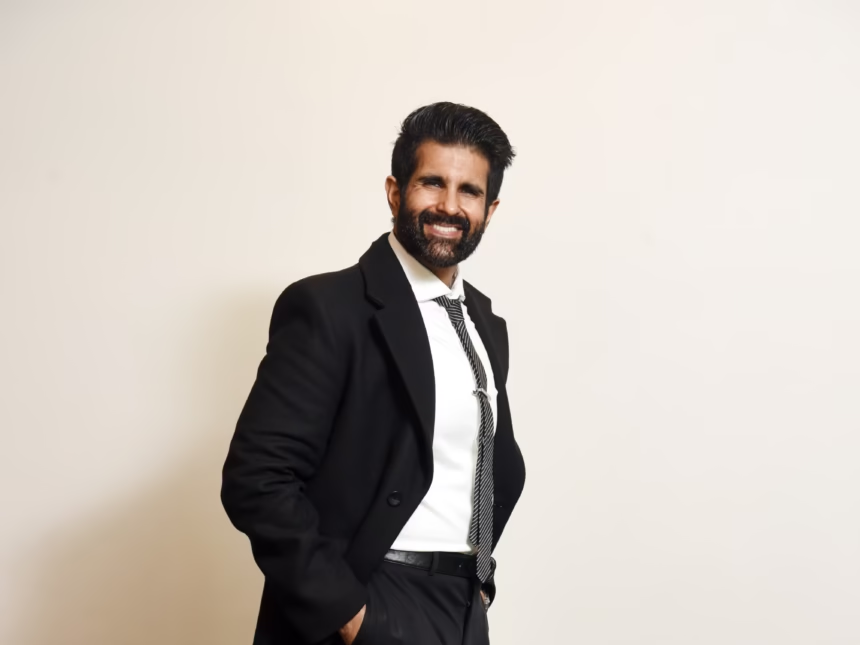The Evolving Definition of Luxury
The concept of luxury in India is undergoing a significant transformation as we approach 2025. Traditionally viewed through the lens of opulence, high-end brands, and lavish experiences, luxury is increasingly shifting towards a more nuanced understanding that prioritizes personalization, sustainability, and meaningful consumption. This evolution reflects not just changes in consumer behaviour but also broader societal shifts that are redefining what it means to indulge.

One of the key drivers of this evolving definition of luxury is the rise of younger consumers, particularly millennials and Gen-Z. These demographics prioritize experiences that resonate with their values rather than just status symbols. They seek authenticity and connection, often gravitating towards personalized pursuits that allow for individual expression. This inclination leads to a preference for bespoke services and unique experiences rather than generic high-end brands. Whether it is custom travel itineraries that offer immersion into local cultures or tailored fashion items that reflect personal style, the demand for individuality is reshaping the luxury landscape.
- The Evolving Definition of Luxury
- The concept of luxury in India is undergoing a significant transformation as we approach 2025. Traditionally viewed through the lens of opulence, high-end brands, and lavish experiences, luxury is increasingly shifting towards a more nuanced understanding that prioritizes personalization, sustainability, and meaningful consumption. This evolution reflects not just changes in consumer behaviour but also broader societal shifts that are redefining what it means to indulge.
- Sustainable Luxury: The New Norm
- Digital Transformation in Luxury Retail
- The Rise of Experiential Luxury
Moreover, as awareness around sustainability grows, the notion of luxury is increasingly intertwining with ethical practices. Consumers are becoming more discerning, favoring brands that demonstrate responsible sourcing, environmental stewardship, and social impact. This trend signifies a shift towards meaningful consumption, where luxury is associated not only with the quality of products but also with their impact on society and the environment. Luxury brands are responding by incorporating sustainable practices in their offerings, thereby aligning themselves with the values of the modern consumer.
In this context, the burgeoning middle class in India also plays a crucial role in redefining luxury. This demographic is increasingly embracing experiences over possessions, seeking value that transcends monetary cost. They are drawn to experiences that enrich their lives, resonate with their identities, and offer a sense of fulfillment. This all points to a future where luxury is not merely about what one owns, but about how one feels and engages with the world around them.
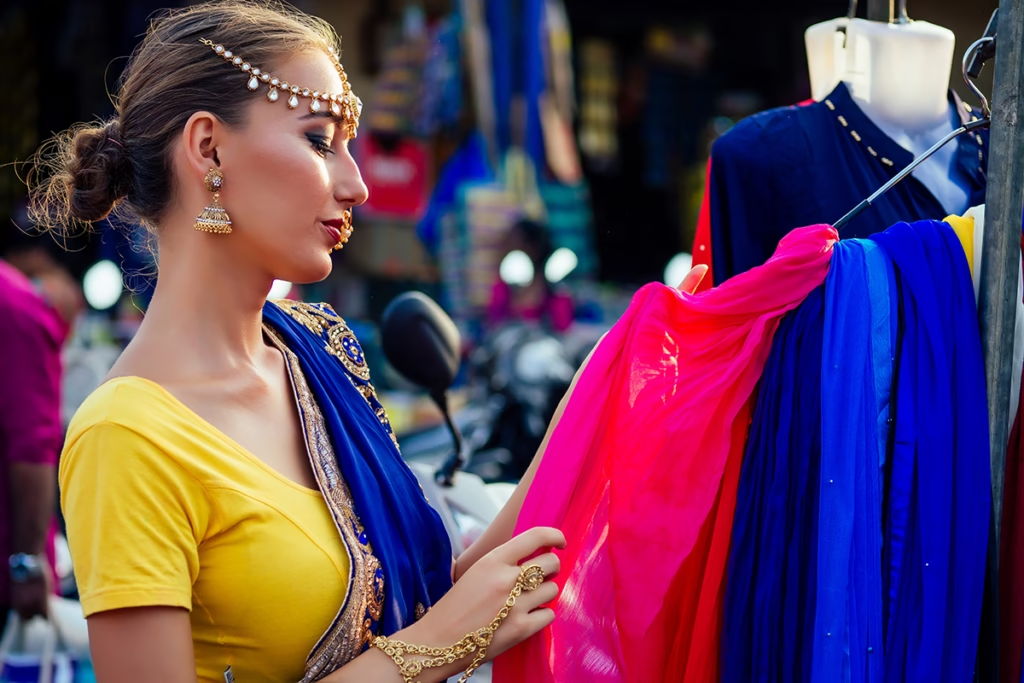
Sustainable Luxury: The New Norm
The luxury market in India is undergoing a significant transformation as consumers increasingly prioritize sustainability alongside opulence. This shift is driven by a growing awareness of environmental issues, prompting discerning customers to seek products and services that align with their eco-conscious values. Luxury brands in India are responding to this demand by adopting sustainable practices, which are becoming integral to their business models.
Brands are increasingly incorporating eco-friendly materials such as organic cotton, recycled metals, and ethically sourced gemstones into their product lines. For instance, prominent fashion labels are exploring innovative sustainable textiles, reducing their environmental impact while maintaining a commitment to quality and elegance. Additionally, several high-end jewelry brands are now using lab-grown diamonds, offering a responsible alternative that minimizes environmental degradation and ethical concerns associated with traditional sourcing methods.
Transparency in supply chains has become another focal point for luxury brands eager to appeal to the eco-conscious consumer. By sharing sourcing practices and production processes, these brands are building trust and demonstrating their commitment to sustainability. Many brands produce detailed reports on their environmental initiatives and sustainability metrics, which resonate with informed Indian consumers who wish to make purchases aligned with their values.
Moreover, some luxury hospitality brands are leading this movement by implementing sustainable practices within their operations. From organic dining options to energy-efficient accommodations, these initiatives cater to the environmentally-conscious clientele desiring both luxury and environmental integrity. Additionally, local artisans are being supported through collaborations that elevate indigenous craftsmanship while promoting sustainable practices.
As consumer preferences continue to evolve, the focus on sustainable luxury is likely to solidify its position in the Indian market. Brands embracing this ethos are not merely keeping pace but are also setting the standard for a more responsible luxury experience in the future.
Digital Transformation in Luxury Retail
As we look ahead to 2025, the landscape of luxury retail in India is poised for unprecedented transformation, primarily driven by technological advancements. The integration of digital technologies into the luxury shopping experience is becoming increasingly vital. Augmented reality (AR), for instance, is enabling customers to visualize products in their own space, facilitating an immersive shopping experience that bridges the gap between online and offline retail. Luxury brands are harnessing AR to provide virtual try-ons and interactive features that attract tech-savvy consumers.
In addition to AR, the concept of virtual showrooms is gaining traction within the luxury sector. These digital spaces allow consumers to browse a luxury brand’s offerings from the comfort of their homes, simulating an in-store experience. With the ongoing evolution of high-speed internet and sophisticated visuals, these virtual platforms are expected to become central to luxury brand strategies in India. Brands must ensure that these showrooms reflect the elegance and exclusivity that their clientele expects, thereby enhancing brand loyalty and customer satisfaction.
Artificial intelligence (AI) is another critical component that is reshaping the luxury retail environment. AI-driven personalization tools analyze consumer behavior and preferences, enabling brands to offer tailored recommendations and customized shopping experiences. This level of personalization helps luxury brands to engage customers more effectively, fostering a deeper emotional connection, which is crucial in high-end markets. As consumer expectations continue to evolve, the emphasis on personalized customer engagement will become even more imperative for luxury brands aiming to maintain relevance and appeal.
Furthermore, e-commerce is swiftly establishing itself as a crucial channel for luxury brands in India. The rise in internet penetration, coupled with shifting consumer behavior towards online shopping, underscores the need for luxury brands to enhance their digital presence. By 2025, it is anticipated that a significant portion of luxury sales will occur online, necessitating robust digital strategies to capture this expanding market. As luxury retail continues to embrace these technological innovations, the focus will remain on providing exceptional experiences that resonate with the discerning Indian consumer.
The Rise of Experiential Luxury
In recent years, there has been a notable shift in the luxury market in India, with consumers increasingly gravitating towards experiential luxury rather than merely acquiring products. This trend reflects a broader global movement where individuals prioritize memorable experiences over material possessions. As disposable incomes rise and the desire for unique and fulfilling experiences grows, luxury brands are adapting to meet this demand.
Experiential luxury encompasses a wide range of offerings, from bespoke travel adventures to exclusive events tailored for discerning clients. The demand for luxury travel is particularly noteworthy, with affluent consumers seeking personalized journeys that provide them with unparalleled experiences. For instance, millions are now opting for custom itineraries that include private yacht charters, personalized guided tours, and exclusive access to formerly inaccessible locations. These journeys do not merely satisfy the desire for travel; they also create lasting memories and a sense of fulfillment.
Moreover, luxury hospitality has responded to this trend by curating unique experiences that captivate their guests. High-end hotels and resorts are now offering bespoke services, such as private dining with renowned chefs, immersive cultural experiences, and wellness retreats tailored to individual needs. This customization elevates the stay from merely luxurious to uniquely memorable, enhancing the appeal of premium accommodations.
In the realm of fashion, exclusive events such as private fashion shows and trunk shows are becoming increasingly popular. These occasions allow consumers to engage with brands and products in an intimate setting, fostering a deeper connection. Brands are also exploring collaborations with artists and culinary experts to create unique lifestyle experiences that merge luxury with cultural enrichment.
As luxury brands position themselves to cater to this evolving consumer preference, it is clear that the future of luxury in India will be defined by experiences that resonate on a personal level. This paradigm shift emphasizes the importance of innovation and creativity in the luxury market, steering brands towards increasingly personalized and memorable offerings.
LuxuryIndia #IndianLuxury #LuxuryLifestyle #LuxuryLiving #LuxuryBrands #HighEndLifestyle #ExclusiveLuxury #LuxuryExperiences #PremiumLife #BespokeLuxury #LuxuryTravelIndia #OpulentLiving #EliteLifestyle #LuxuryShopping #IndianElite LifestyleIndia #LuxuryLife #IndianFashion #EliteIndia #PoshLife #LuxuryInfluencer #HighSociety #IndianLuxuryMarket #PrestigeLiving #LuxuryDesign #SignatureLifestyle #RefinedLiving #LuxuryHomesIndia #GlamorousLife #RoyalLiving
